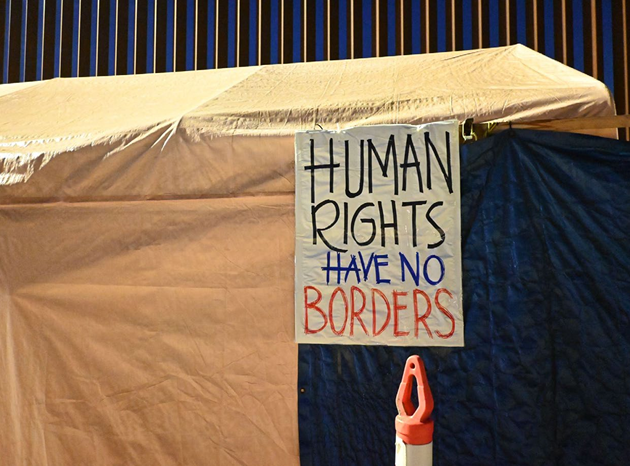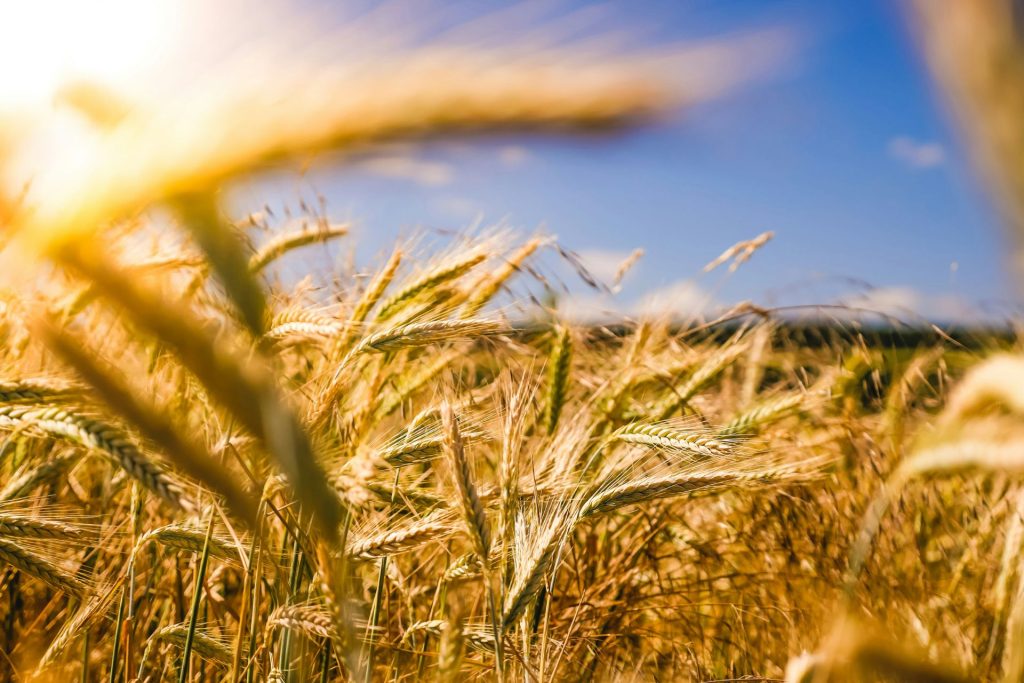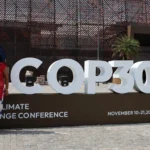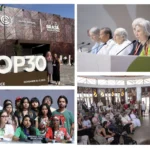The Quaker United Nations Office (QUNO), in collaboration with Eunomia Research & Consulting Ltd., is pleased to announce the release of the Summary Report for Phase 2 of the initiative titled Plastic Money: Turning Off the Subsidies Tap. This report is being released ahead of the Fifth Session of the Intergovernmental Negotiating Committee (INC-5) on Plastic Pollution, which begins on 25 November 2024, in Busan, Republic of Korea. This release marks another milestone in our ongoing efforts to provide greater clarity on the nature and extent of subsidies in the production of primary plastic polymers (PPPs) and seeks to serve as a resource for negotiators and stakeholders as they deliberate measures to develop an international legally binding instrument to address plastic pollution.
Important figures from Phase 2:
- Global subsidies for PPP production: The study estimates total subsidies to polymer production at USD 45 billion in 2024, projected to rise to USD 78 billion by 2050 under a baseline scenario. These subsidies disproportionately benefit major producers, with Saudi Arabia alone accounting for USD 38 billion in 2024.
- Production volumes: In 2024, global production of commodity polymers is expected to reach 306 million tonnes, rising to 590 million tonnes by 2050 under a business-as-usual scenario. China is currently the largest producer of PPPs, accounting for 103 million tonnes in 2024, followed by the United States with 40 million tonnes.
- Impact of removing subsidies: A full removal of PPP subsidies would result in significant reductions in production volumes, particularly in high-subsidy economies like Saudi Arabia (a projected reduction of 2.4 million tonnes in 2024). Despite these reductions, the impact on consumer product prices would remain minimal, with an average price increase of less than 1% for most plastic-containing products.
- Broader context of subsidies: When combined with other environmentally harmful subsidies (EHS), such as those for fossil fuels, agriculture, and transport, the PPP subsidies contribute to a staggering global total of USD 2.7 trillion annually in EHS, highlighting the scale of economic distortions driving environmental degradation.
The full Phase 2 report, containing comprehensive data and analyses, will be released during the week of November 25th to coincide with INC-5. It will include detailed modelling of subsidy removal scenarios along with a complete methodology.
Supported by Dalberg Catalyst and The Rockefeller Foundation, this initiative continues to be a vital resource for policymakers, civil society organizations, and intergovernmental bodies seeking to advance systemic solutions to the global plastic crisis.
We invite all stakeholders to access the summary report and join the dialogue during INC-5 to explore actionable pathways toward a robust and ambitious global treaty. Stay tuned for more updates and announcements during INC-5.









